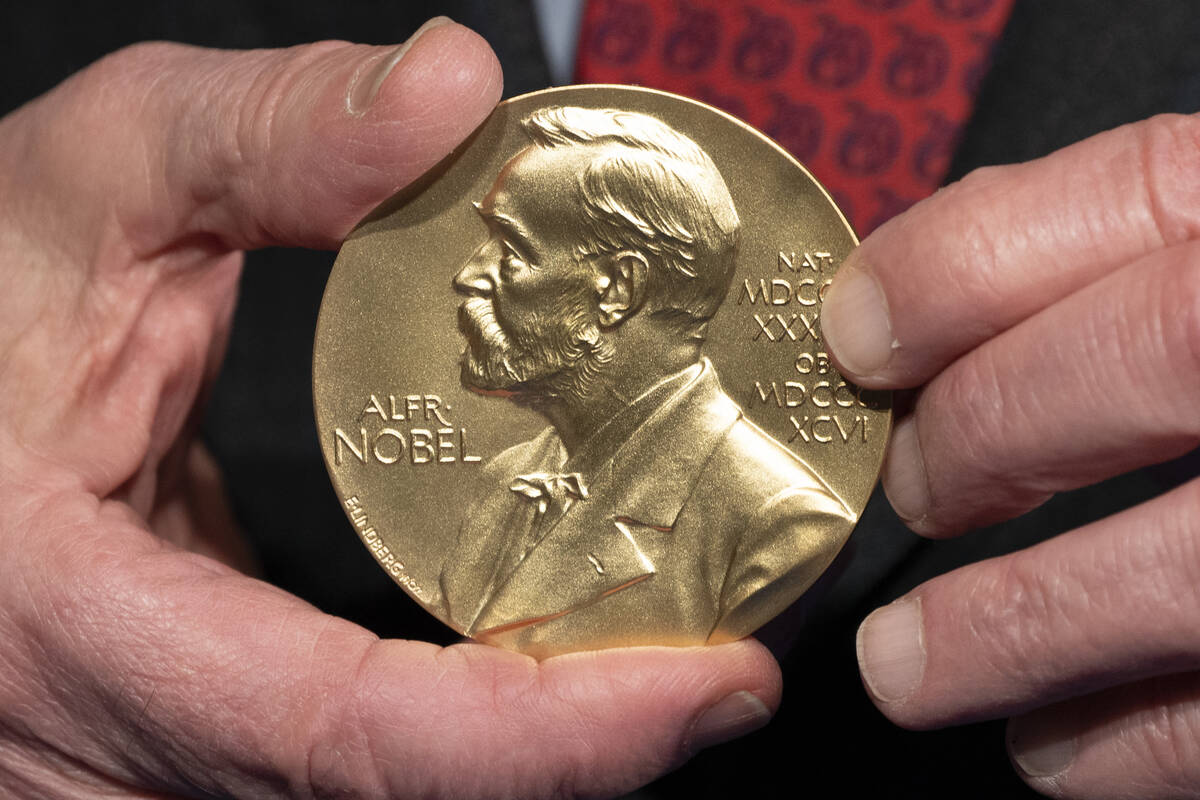EDITORIAL: Why are some nations more prosperous than others?
For years, free-market think tanks such as the Cato Institute and the Fraser Institute have emphasized the link between economic freedom and prosperity. This week, the Royal Swedish Academy of Sciences awarded the Nobel Prize in Economics to three men whose work confirmed the nexus.
The award on Monday went to Daron Acemoglu and Simon Johnson, both of the Massachusetts Institute of Technology, and James Robinson of the University of Chicago. The latter school has a long history of embracing economic theory that recognizes the value of liberty and individual autonomy. The men received the accolade for research on “how institutions are formed and affect prosperity.”
Without getting too detailed about the intricacies of their work, their research makes clear that there are reasons why some nations are wealthier than others. Nations with more “inclusive” institutions — market-oriented democracies that respect property rights and the rule of law — have the best chance of creating long-term prosperity.
The trio test-drove their thesis in a 2004 paper that found, “Economic institutions encouraging economic growth emerge when political institutions allocate power to groups with interests in broad-based property rights enforcement, when they create effective constraints on power-holders, and when there are relatively few rents to be captured by power-holders.”
Eight years later, Mr. Acemoglu and Mr. Robinson wrote “Why Nations Fail: The Origins of Power, Prosperity, and Poverty,” arguing that a nation’s prosperity — or lack of it — is the result of man-made policies and institutions. Nations that drift toward authoritarianism and government central planning are more likely to be less free and poorer in the long run than countries that create free and open institutions and respect the value of voluntary exchange.
This sounds strikingly simple. But during a time when many young Americans have embraced the siren song of collectivism and socialism over capitalism, it’s a finding that deserves to be shouted from the hills. Inequity among nations isn’t a matter of random chance. North Korea isn’t a basket case by accident. Venezuela hasn’t crumbled into poverty because of the weather. Ideas and economic systems matter.
It’s no coincidence that the U.S. Constitution — which creates “effective constraints on power-holders” and recognizes the value of property rights, an independent judiciary and personal freedom — provided the guardrails for the most prosperous nation on Earth.
The work of these Nobel laureates offers a path forward for impoverished nations — if they choose to take it. Let’s hope progressive Democrats are also paying attention.

















